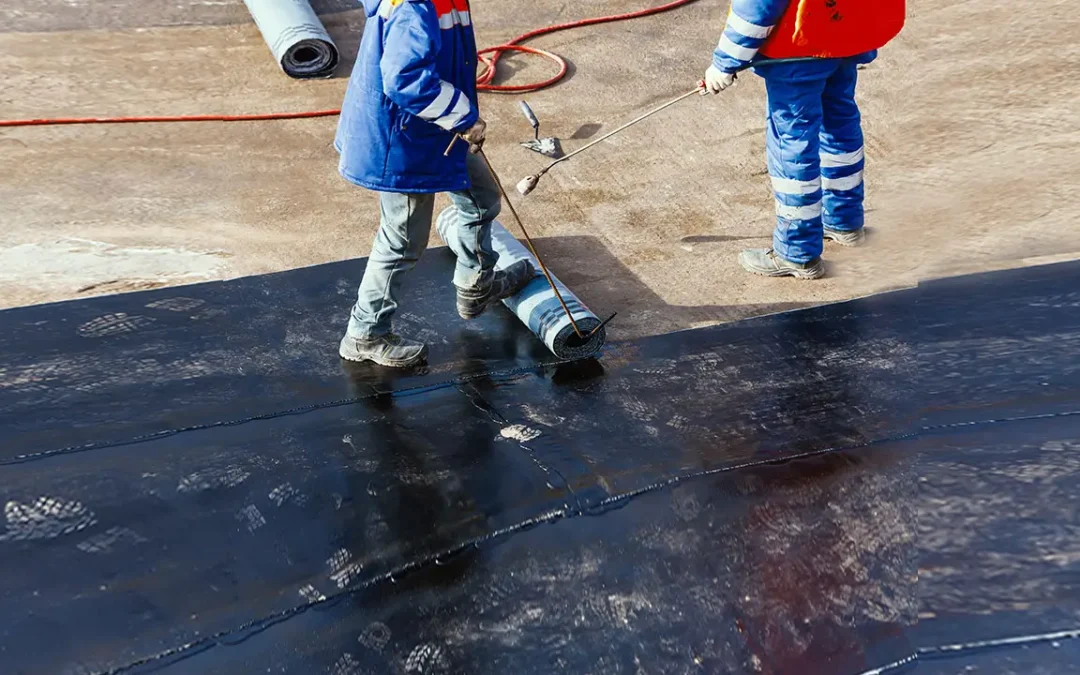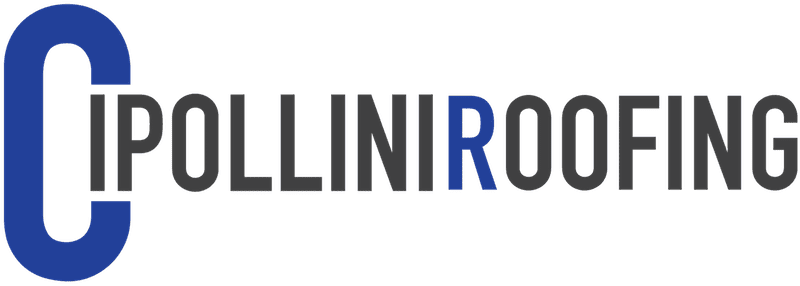A well-designed commercial roofing system does more than just protect a building from the elements—it plays a critical role in energy efficiency and indoor comfort. Insulation is one of the most important components of a commercial roof, yet it’s often overlooked until issues like high energy bills or temperature fluctuations arise. With the right insulation strategy, businesses can reduce energy costs, improve indoor climate control, and extend the life of their roofing system.
Why Insulation Matters for Commercial Roofs
Commercial buildings lose a significant amount of energy through the roof, especially in regions like New Jersey and Pennsylvania, where summers are hot, and winters are cold. Without proper insulation, heating and cooling systems have to work harder to maintain comfortable indoor temperatures, leading to higher utility costs and unnecessary strain on HVAC equipment. Insulation acts as a thermal barrier, helping to regulate indoor temperatures year-round by reducing heat transfer between the interior and exterior of the building.
Insulation also contributes to moisture control. When warm indoor air meets a cold roofing surface, condensation can form, leading to mold growth, structural damage, and reduced insulation effectiveness over time. A properly installed insulation system helps mitigate these risks by maintaining a more consistent roof temperature and preventing moisture buildup.
Types of Insulation Used in Commercial Roofing
The right insulation choice depends on the building’s needs, climate, and roofing system. Rigid board insulation, such as polyisocyanurate (ISO), is one of the most commonly used options in commercial roofing due to its high R-value, which measures thermal resistance. ISO insulation provides excellent energy efficiency and moisture resistance, making it ideal for flat and low-slope roofs. Extruded polystyrene (XPS) and expanded polystyrene (EPS) are also popular options, offering durability and water resistance at different price points.
Spray foam insulation is another effective option, particularly for buildings that require airtight sealing and superior thermal performance. This type of insulation expands upon application, filling gaps and preventing air leaks, which can be especially beneficial for older commercial buildings or roofs with complex structures. Each insulation type comes with its own advantages, and working with a professional roofing contractor ensures the right selection for long-term performance and cost-effectiveness.
How Insulation Impacts Long-Term Roof Performance
Beyond reducing energy costs, insulation helps extend the lifespan of a commercial roof by minimizing temperature-related stress. Roofs are constantly exposed to expansion and contraction as temperatures rise and fall. Without adequate insulation, this thermal movement can lead to cracks, membrane damage, and premature wear. A well-insulated roof helps maintain a more stable temperature, reducing stress on roofing materials and preventing premature failures.
Proper insulation also improves soundproofing, which is especially valuable for commercial properties near busy roads, airports, or industrial areas. By dampening outside noise, businesses can create a more comfortable work environment for employees and customers alike.
Ensuring Proper Installation and Maintenance
Even the best insulation won’t perform effectively if it’s not installed correctly. Gaps, compressed areas, or poor material choices can lead to inefficiencies and moisture issues down the line. That’s why it’s crucial to work with experienced roofing professionals who understand how to integrate insulation seamlessly into a roofing system. Regular roof inspections also help ensure that insulation remains intact and effective over time.
Cipollini Roofing specializes in commercial roofing solutions that prioritize energy efficiency, durability, and long-term savings. Whether you’re considering a new roof installation or upgrading your insulation, our team can help you make the best choice for your building. Contact us today to learn how the right insulation strategy can enhance your roof’s performance and lower your operating costs.


